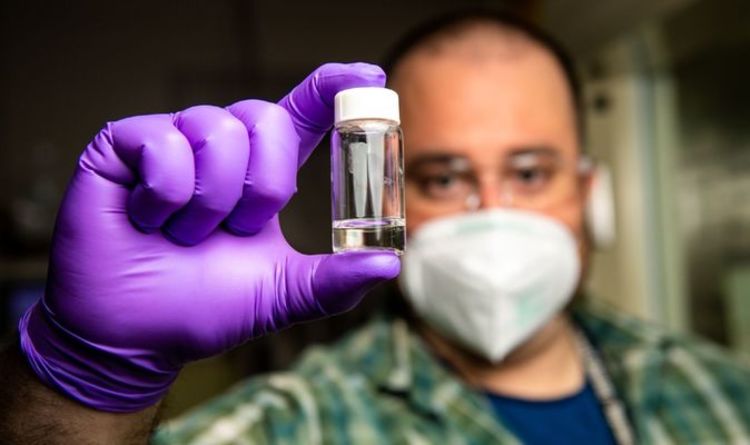

For a long time, scientists have been trying to develop a self-sustaining process that converts waste matter from sewage, food crops, algae and other renewable carbon sources into fuels, without adding carbon emissions to the air or water. This process is considered to be the golden ticket of biofuel researchers as they’ve struggled to create an efficient process that’s friendly to the environment.
Now, a team of researchers at the Department of Energy’s Pacific Northwest National Laboratory have developed a system that could bring the world closer to clean energy, and potentially solve the energy crisis.
They created an electrocatalytic oxidation fuel recovery system that simultaneously turns what was considered unrecoverable, diluted “waste” carbon into valuable chemicals, while simultaneously generating useful hydrogen.
Being powered by renewables makes the process carbon-neutral or even potentially carbon-negative.
Juan A. Lopez-Ruiz, a PNNL chemical engineer and project lead said: “The currently used methods of treating biocrude requires high-pressure hydrogen, which is usually generated from natural gas.
“Our system can generate that hydrogen itself while simultaneously treating the wastewater at near atmospheric conditions using excess renewable electricity, making it inexpensive to operate and potentially carbon neutral.”
According to Mr Lopez-Ruiz, the patent-pending system solves several problems that have plagued efforts to make biomass an economically viable source of renewable energy.
He said: “We know how to turn biomass into fuel, but we still struggle to make the process energy-efficient, economical and environmentally sustainable—especially for small, distributed scales.
“This system runs on electricity, which can come from renewable sources. And it generates its own heat and fuel to keep it running.
READ MORE: Energy bills: Six million Britons to be thrown into ‘fuel poverty’





More Stories
POLL: Would you install a hydrogen-ready boiler in your home?
Hearses line the streets of Beijing as China’s Covid crisis causes crematorium backlog
London Defender Person Of The Year Is Genius Inventor Andre Gray 2022